

Machine screws are essential fasteners used in a wide array of applications, from electronics to heavy machinery. Understanding their types, materials, and manufacturing processes is crucial for selecting the right screw for your needs. This guide provides an in-depth look at machine screws, focusing on the capabilities and offerings of a typical machine screws factory, helping you make informed decisions and find the best supplier.Understanding Machine ScrewsWhat are Machine Screws?Machine screws are precision fasteners with uniform threads that run along their entire length. They are designed to be threaded into tapped holes or used with nuts to secure components. Unlike wood screws or sheet metal screws, machine screws don't create their own threads, offering greater strength and reusability.Types of Machine ScrewsA reputable machine screws factory produces a variety of types to suit different applications. Some common types include: Pan Head Screws: Featuring a slightly rounded head, ideal for general use. Flat Head Screws: Designed to sit flush with the surface after installation. Oval Head Screws: A combination of pan and flat heads, providing a decorative and functional finish. Round Head Screws: Featuring a dome-shaped head, often used for aesthetic purposes. Truss Head Screws: Offer a larger bearing surface for increased holding power. Button Head Screws: Similar to pan heads but with a lower profile.The head type should be selected based on the application's requirements for appearance, clearance, and load distribution.Materials Used in Machine Screw ManufacturingThe material of a machine screw is crucial for its performance and longevity. Here are some common materials used in a machine screws factory: Steel: A strong and cost-effective option, often surface treated for corrosion resistance. Carbon steel is a common choice. Stainless Steel: Offers excellent corrosion resistance, suitable for outdoor and marine environments. Types 304 and 316 are frequently used. Brass: Provides good corrosion resistance and electrical conductivity. Aluminum: Lightweight and corrosion-resistant, ideal for applications where weight is a concern. Alloy Steel: Offers enhanced strength and durability for demanding applications.The Machine Screw Manufacturing ProcessRaw Material Selection and PreparationThe process begins with selecting the appropriate raw material based on the desired properties of the machine screw. The material is then prepared through processes like wire drawing to achieve the correct diameter for forming.Cold HeadingCold heading is a high-speed manufacturing process where wire stock is fed into a machine that cuts and forms the screw head in a single operation. This process is efficient and produces strong, consistent parts. A trusted machine screws factory utilizes advanced cold heading equipment to achieve high precision and volume production.ThreadingAfter the head is formed, the threads are created using either rolling or cutting processes. Thread rolling is more common for high-volume production as it strengthens the material and produces more accurate threads. Thread cutting is used for specialized threads or materials that are difficult to roll.Heat Treatment (Optional)Heat treatment can be applied to machine screws to increase their hardness and strength. This process involves heating the screws to a specific temperature and then cooling them rapidly. Common heat treatment methods include hardening and tempering.Surface FinishingSurface finishing enhances the appearance and corrosion resistance of machine screws. Common finishing options include: Zinc Plating: Provides a protective coating against rust and corrosion. Nickel Plating: Offers a bright, corrosion-resistant finish. Black Oxide: Provides a matte black finish and mild corrosion resistance. Passivation (for Stainless Steel): Enhances the corrosion resistance of stainless steel.Quality ControlThroughout the manufacturing process, stringent quality control measures are implemented to ensure that the machine screws meet specified dimensions and performance standards. This includes dimensional checks, thread gauging, and material testing. A reputable machine screws factory will have a dedicated quality control department equipped with advanced testing equipment.Choosing the Right Machine Screw SupplierFactors to ConsiderSelecting the right machine screws factory is crucial for ensuring the quality and reliability of your fasteners. Consider the following factors: Experience and Reputation: Look for a factory with a proven track record of producing high-quality machine screws. Hebei Muyi Import&Export Trading Co.,Ltd, with years of experience, is a reputable supplier in the industry. Production Capacity: Ensure the factory can meet your volume requirements and delivery deadlines. Quality Control: Verify that the factory has robust quality control processes in place. Material Options: Choose a factory that offers a wide range of materials to suit your application. Customization Options: If you require custom machine screws, ensure the factory has the capabilities to meet your specifications. Certifications: Look for certifications such as ISO 9001, which demonstrates a commitment to quality management. Pricing: Compare pricing from different factories, but don't sacrifice quality for cost.Questions to Ask Potential SuppliersBefore placing an order, ask potential suppliers the following questions: What materials do you offer for machine screws? What is your production capacity? What quality control measures do you have in place? Can you provide samples for testing? What are your lead times? Do you offer custom manufacturing services?Applications of Machine ScrewsMachine screws are used in a vast range of applications, including: Electronics: Securing components in circuit boards, computers, and other electronic devices. Automotive: Fastening parts in engines, transmissions, and other automotive systems. Aerospace: Used in aircraft construction and maintenance. Medical Devices: Securing components in medical equipment and implants. Manufacturing: Used in assembly lines and machinery. Construction: Fastening metal components in buildings and infrastructure.Technical Specifications and StandardsMachine screws are manufactured to meet various industry standards, such as: ISO Standards: International Organization for Standardization (ISO) standards define dimensions, tolerances, and material properties. DIN Standards: German Institute for Standardization (DIN) standards are widely used in Europe. ANSI Standards: American National Standards Institute (ANSI) standards are common in North America.When specifying machine screws, it's important to consider the following technical specifications: Diameter: The diameter of the screw thread. Thread Pitch: The distance between threads. Length: The length of the screw from under the head to the tip. Head Type: The shape of the screw head. Material: The material of the screw. Finish: The surface finish of the screw.Case StudiesCase Study 1: Electronics ManufacturingA leading electronics manufacturer needed a reliable source for high-precision stainless steel machine screws for their circuit boards. They partnered with a machine screws factory specializing in small-diameter fasteners and strict quality control. The factory provided custom-designed screws that met the manufacturer's exact specifications, resulting in improved product reliability and reduced assembly costs.Case Study 2: Automotive IndustryAn automotive supplier required high-strength alloy steel machine screws for securing engine components. They chose a machine screws factory with advanced heat treatment capabilities and a proven track record of supplying the automotive industry. The factory provided screws that met stringent performance requirements, ensuring the safety and reliability of the engine components.Future Trends in Machine Screw ManufacturingThe machine screws industry is constantly evolving to meet the changing needs of manufacturers. Some future trends include: Increased use of automation: To improve efficiency and reduce costs. Development of new materials: With enhanced strength, corrosion resistance, and other properties. Growing demand for custom fasteners: To meet specific application requirements. Focus on sustainability: With the use of recycled materials and environmentally friendly manufacturing processes.ConclusionChoosing the right machine screws and the right machine screws factory is crucial for ensuring the success of your projects. By understanding the different types of machine screws, materials, manufacturing processes, and quality control measures, you can make informed decisions and select a supplier that meets your needs. Hebei Muyi Import&Export Trading Co.,Ltd stands ready to provide quality solutions for your machine screws needs. Contact us today at https://muyi-trading.com to learn more about our capabilities and how we can help you.

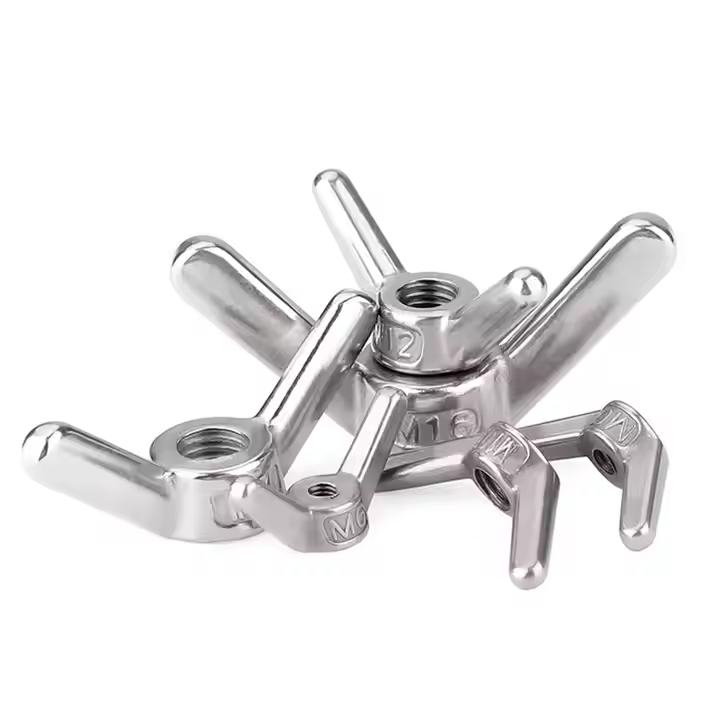

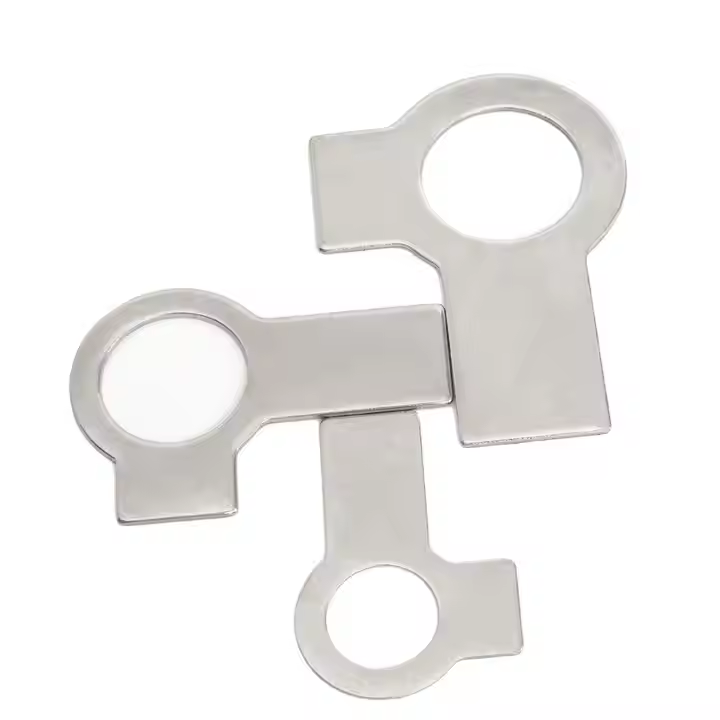



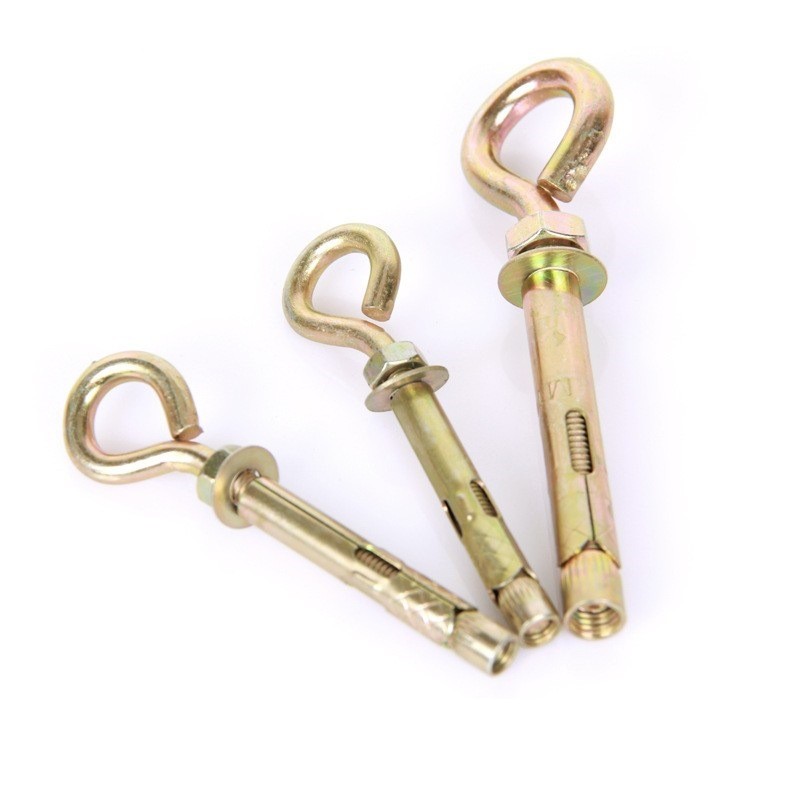

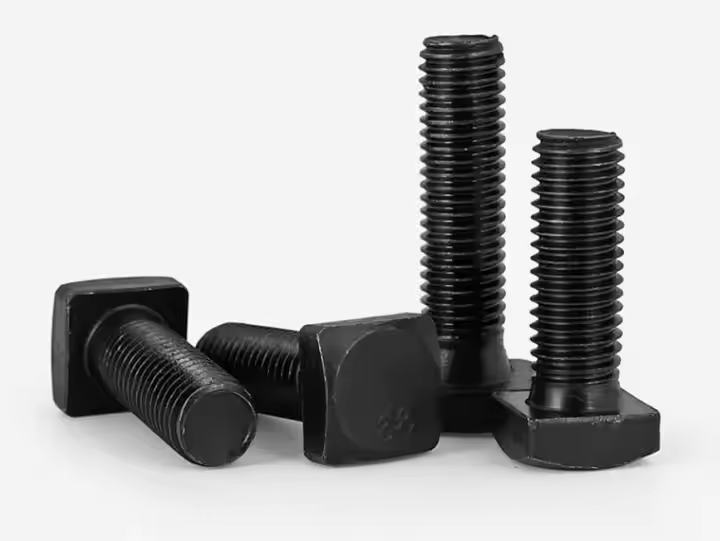
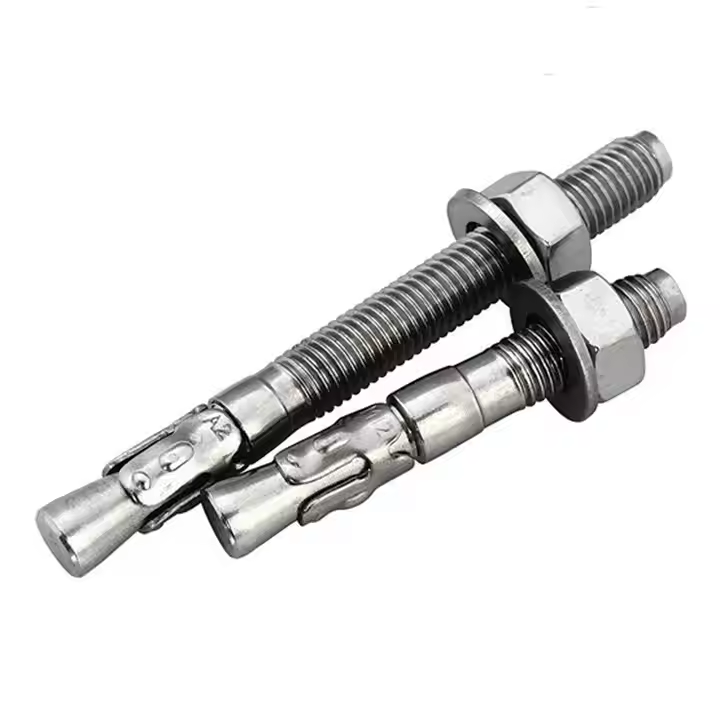
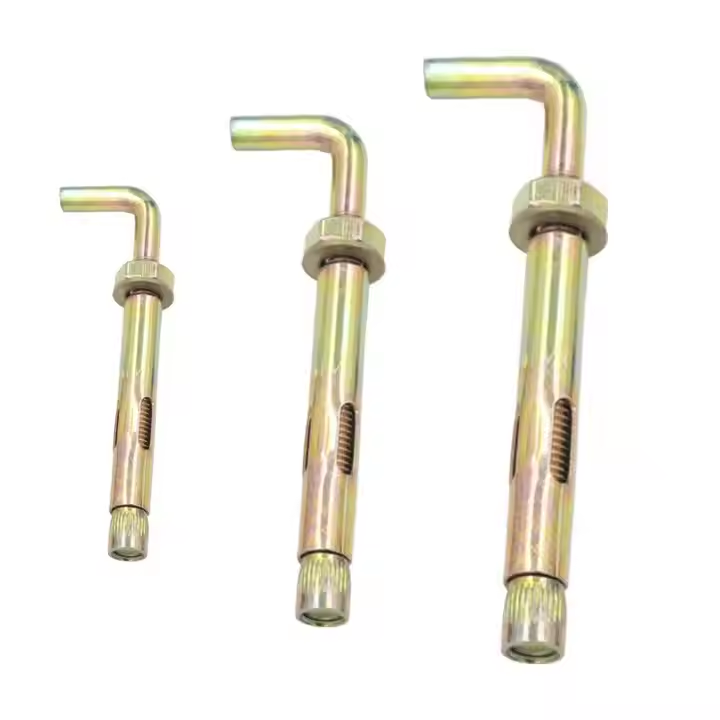
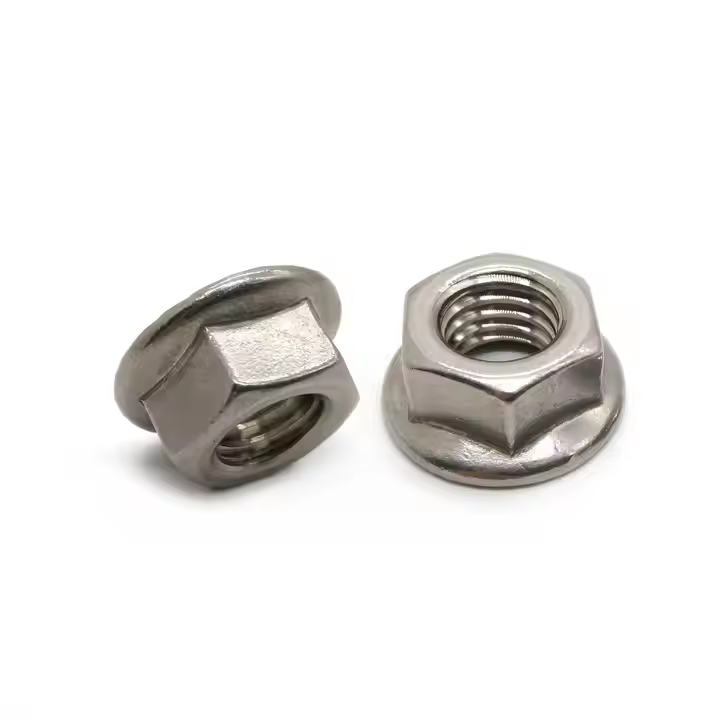
Please enter your email address and we will reply to your email.